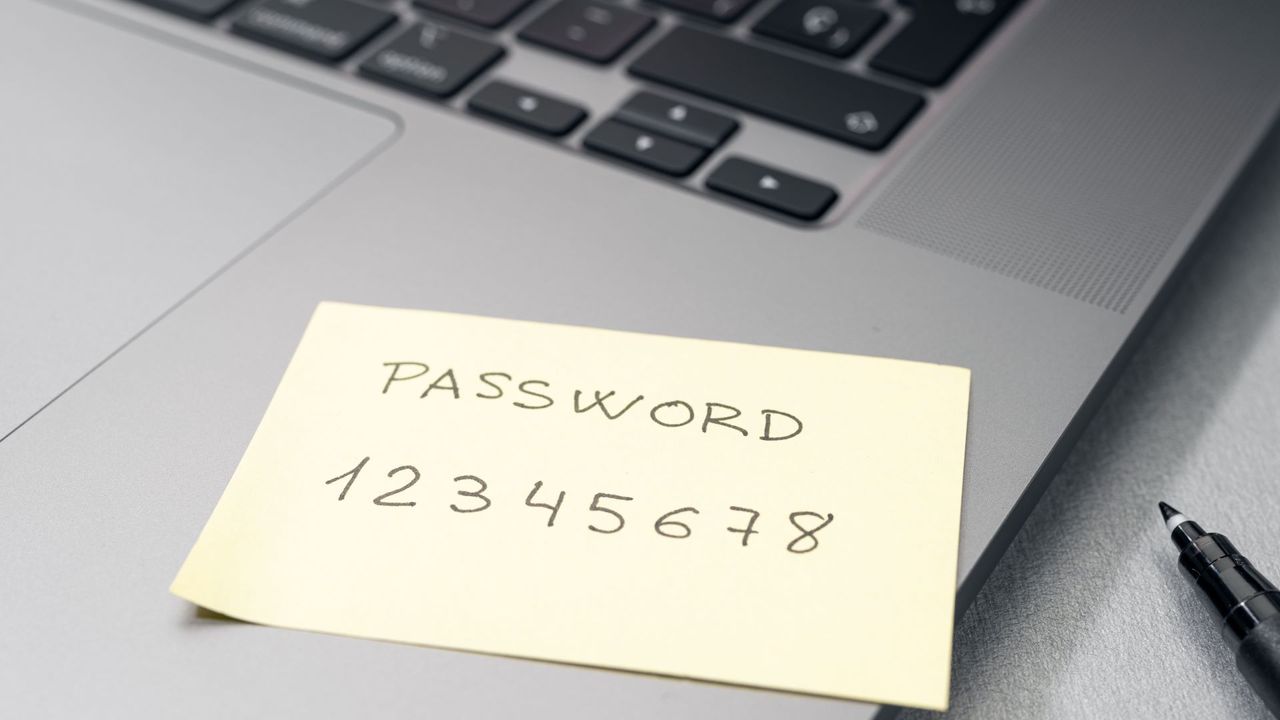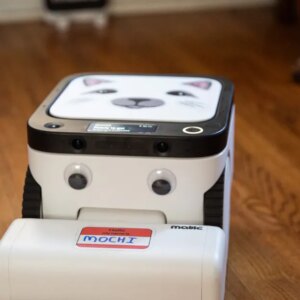
- Predictable password habits proceed to allow attackers who depend on automated large-scale cracking
- Size stays the defining issue that determines a password’s precise resistance
- Directors closely affect password energy by means of the foundations they select
But extra analysis has revealed that in the case of pondering up robust passwords, we’re all nonetheless fairly ineffective.
A report from Comparitech analyzing greater than two billion uncovered passwords discovered variations of sequential digits nonetheless dominate, with most of the hottest passwords are easy combos created by operating a finger throughout the primary row of the keyboard.
Despite repeated warnings from security professionals, predictable passwords such as “123456”, “admin”, or even “password” continue to be among the most frequently used credentials.
Users mostly adapt common templates
Even supposedly improved versions, such as Aa123456 or Aa@123456, appear frequently and remain very predictable, the report notes, suggesting many users simply adapt common templates rather than adopting meaningful complexity or length.
The researchers say the root problem remains that many people choose short passwords that are easy to recall but also easy to compromise.
They are often made entirely of numbers, which are quickly defeated by modern cracking tools.
A significant portion of leaked strings includes the sequence 123, while others rely on similar numeric progressions.
Length and combination are key because longer passphrases are far more effective than short strings padded with arbitrary symbols.
Even small alterations can make a difference, because adding unexpected characters to a lengthy phrase drastically increases the time required to guess it.
Security researchers note that longer constructions also reduce the cognitive load on users who struggle with memorising complex mixtures of numbers and symbols.
In professional environments, administrators influence password strength more than users themselves.
Where organizations enforce minimal rules, employees frequently adopt the lowest permitted standard, creating widespread weaknesses that automated attacks can exploit at scale.
When requirements emphasise length and consistency, password quality improves by necessity, even if individuals still rely on predictable structures.
The enforced expansion of characters increases the computational effort required for brute-force attacks, making large-scale compromises more difficult.
Support tools can help shift these habits. A dedicated password manager can generate and retailer prolonged combos that customers not must memorise.
Password generators inside browsers additionally provide some help, though reliability varies when software program updates introduce sudden behaviour.
For firms managing a variety of accounts, a business password manager offers extra structured enforcement.
They assist directors apply guidelines that replicate present safety suggestions relatively than outdated conventions.
Taken collectively, the newest findings counsel the core problem is behavioural relatively than technological – as sadly, customers proceed selecting ease over security, and attackers proceed capitalizing on these selections with more and more environment friendly cracking strategies.
Follow TechRadar on Google News and add us as a preferred source to get our knowledgeable information, opinions, and opinion in your feeds. Be sure that to click on the Observe button!
And naturally you can too follow TechRadar on TikTok for information, opinions, unboxings in video kind, and get common updates from us on WhatsApp too.













